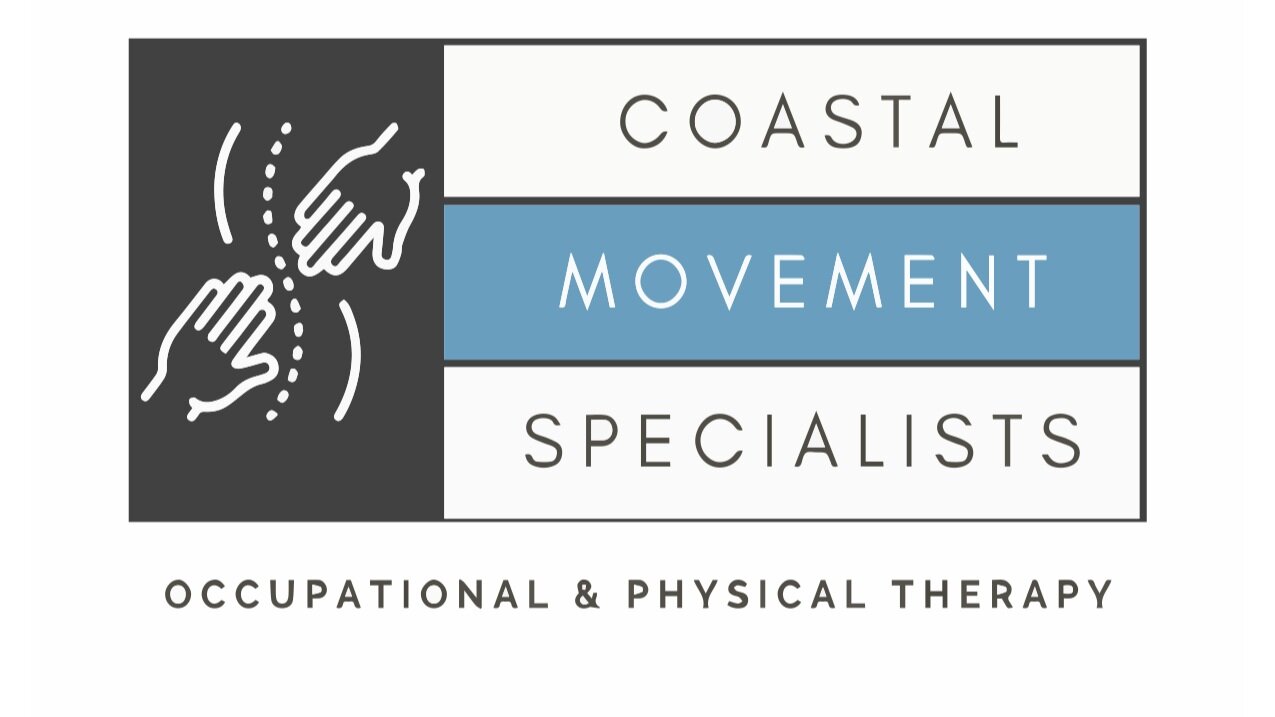How Does Dehydration Affect Your Muscles?
Chronic dehydration affects an estimated three-fourths of Americans. Researchers have found increasing evidence that under-consumption of water contributes to several chronic diseases. These conditions include coronary heart disease, exercise asthma, pulmonary disorders, and possibly bladder and colon cancer. For people seeking to live an active lifestyle, mild dehydration can hinder workouts and affect muscle function and recovery. Continue reading to learn more about the effect of dehydration on your muscles.
What Are The Benefits Of Adequate Hydration?
Living an active lifestyle requires eating a nutritious diet, regular exercise, and maintaining healthy body systems, such as the digestive, cardiovascular, respiratory, skeletal, and muscular systems. It is common to overlook drinking adequate water each day, yet it is one of the most important and most accessible things you can do to improve your health and vitality. The benefits of drinking sufficient water each day include:
· Contributes to healthy digestion.
· Removes toxins and enhances kidney function.
· Improves the elasticity and appearance of your skin.
· Regulates your body temperature.
· Lubricates and protects your joints.
· Maximizes nutrient absorption.
· Helps produce saliva, important for food digestion and tooth decay prevention.
· Helps maintain healthy blood pressure.
How Much Water Should I Drink?
You probably have heard that you should drink eight glasses of water each day. However, nobody knows the origin of this recommendation. Although everyone agrees that dehydration causes many problems, there is no universal agreement on how much water to consume each day. The closest we have to a scientific recommendation comes from The National Academies of Sciences, Engineering, and Medicine. They offer the general recommendation of 91 ounces of total water for women and 125 ounces for men. These amounts include water consumed from all beverages in a day.
What Are The Signs of Dehydration?
Dehydration occurs before you experience thirst, and eventually, other signs develop, including:
· Headache
· Confusion
· Chills
· Dizziness
· Weakness
· Darkly colored urine
· Rapid heart rate
· Flushed skin
· Loss of appetite
Four Ways Dehydration Affects Your Muscles
The amount of water in muscle cells plays a role in muscular strength, functional capacity, and the overall quality of a muscle. Not only is water the main component of the body, but it also makes up more than three-fourths of muscle mass. This dominant role of water makes hydration critical to good health at all ages, especially older adults. The challenge as you age is the gradual loss of the thirst sensation and the progressive decrease in total body water.
Since water is critical to strong, flexible, and pain-free muscles, dehydration can have several detrimental effects on muscles, such as:
1. Causing muscle cramps. Insufficient water intake can cause a sudden and involuntary contraction of muscles. The cause of cramps is related to an imbalance of electrolytes and diminished blood flow to the muscles. Additionally, dehydration worsens the accumulation of lactic acid and accentuates nutrient deficiency, which contributes to cramps. Although the effects of a cramp are temporary, they can produce pain and make using the muscle difficult.
2. Increasing the risk of DOMS. Delayed-onset muscle soreness (DOMS) typically begins several hours to a few days after an unaccustomed or exceptionally strenuous exercise. Characterized by dull and aching pain and stiffness, DOMS symptoms are strongest between days one and three after exercise. Research shows that the reduced cellular water content found during dehydration combines with eccentric muscle activity (such as lowering yourself during a pull-up) to damage muscle proteins. The harmful effects of dehydration and DOMS together can increase the risk of furtherinjury.
3. Causing muscle weakness. Your body tries to compensate for dehydration by constricting your blood flow and raising your heart rate. Another adjustment is the redirection of blood from your skin to internal life-sustaining organs such as the lungs and brain. In addition, dehydration results in excessive potassium, chloride, and sodium losses. As these processes continue and blood flow to muscles declines, they weaken.
4. Diminishing muscular endurance. Muscles rely on adequate water volume for a healthy flow of oxygen and nutrients. For example, muscles need sufficient sodium and potassium to contract normally. Without these nutrients, contractions become difficult, and your muscles fatigue quickly.
Can You Drink Too Much Water?
Healthy, well-nourished people rarely drink too much water. One study that examined the condition of being overly hydrated found an incidence of 1.2% in the general population and a significantly higher rate of 2.09% in females. Most cases among healthy people involve athletes attempting to prevent dehydration during hot weather or a particularly intense event.
The majority of cases of over-hydration, known as hyponatremia, occur in people with conditions such as:
· Hypertension
· Coronary artery disease
· Chronic obstructive pulmonary disease
· Diabetes
· Stroke
· Cancer
Work With Our Physical Therapists
Located on Johns Island, SC, Coastal Movement Specialists serves the entire Charleston area. Contact us today to schedule an appointment with our experienced physical therapists and learn how we can help you prevent injuries and maximize your physical potential.

